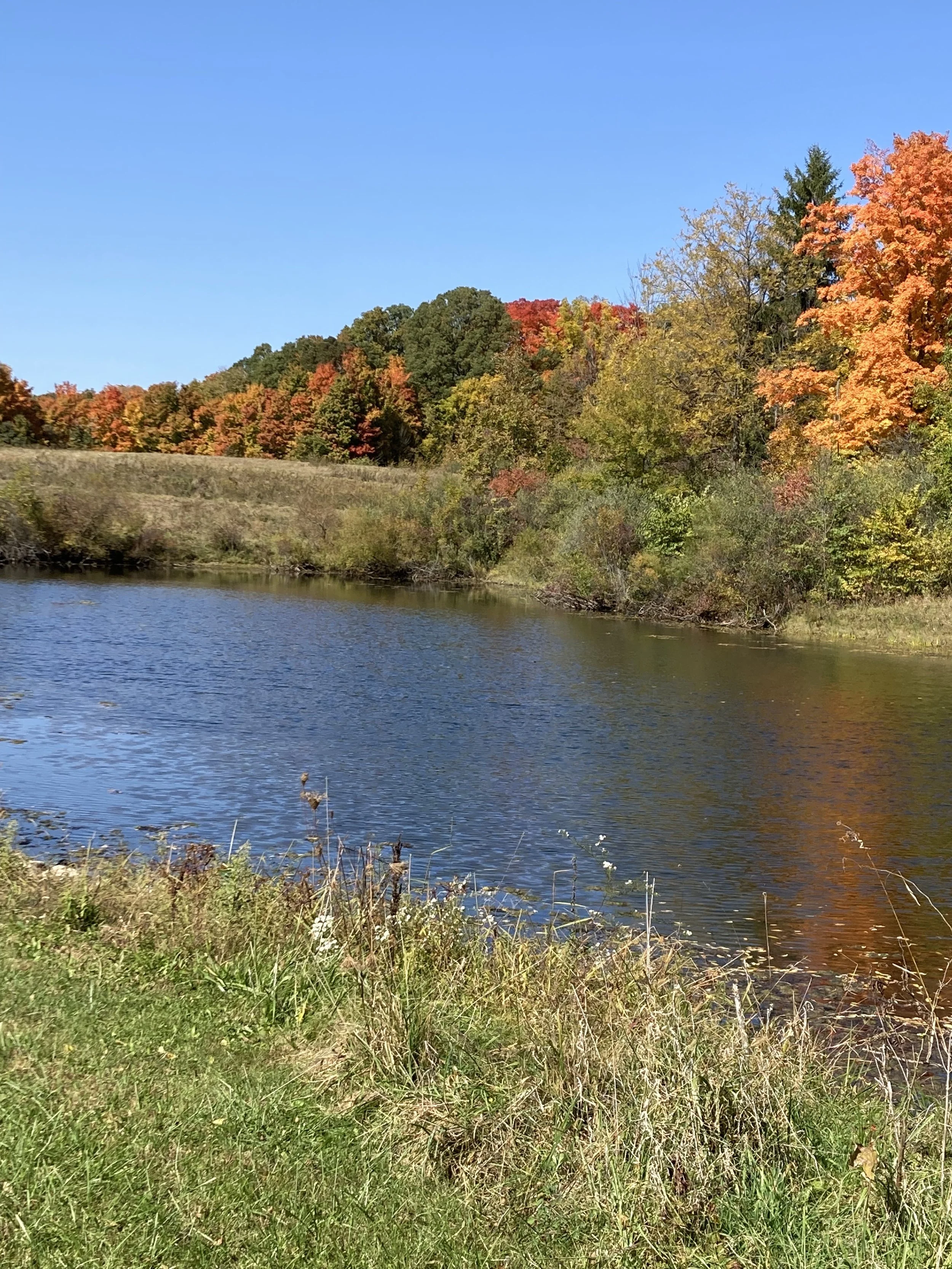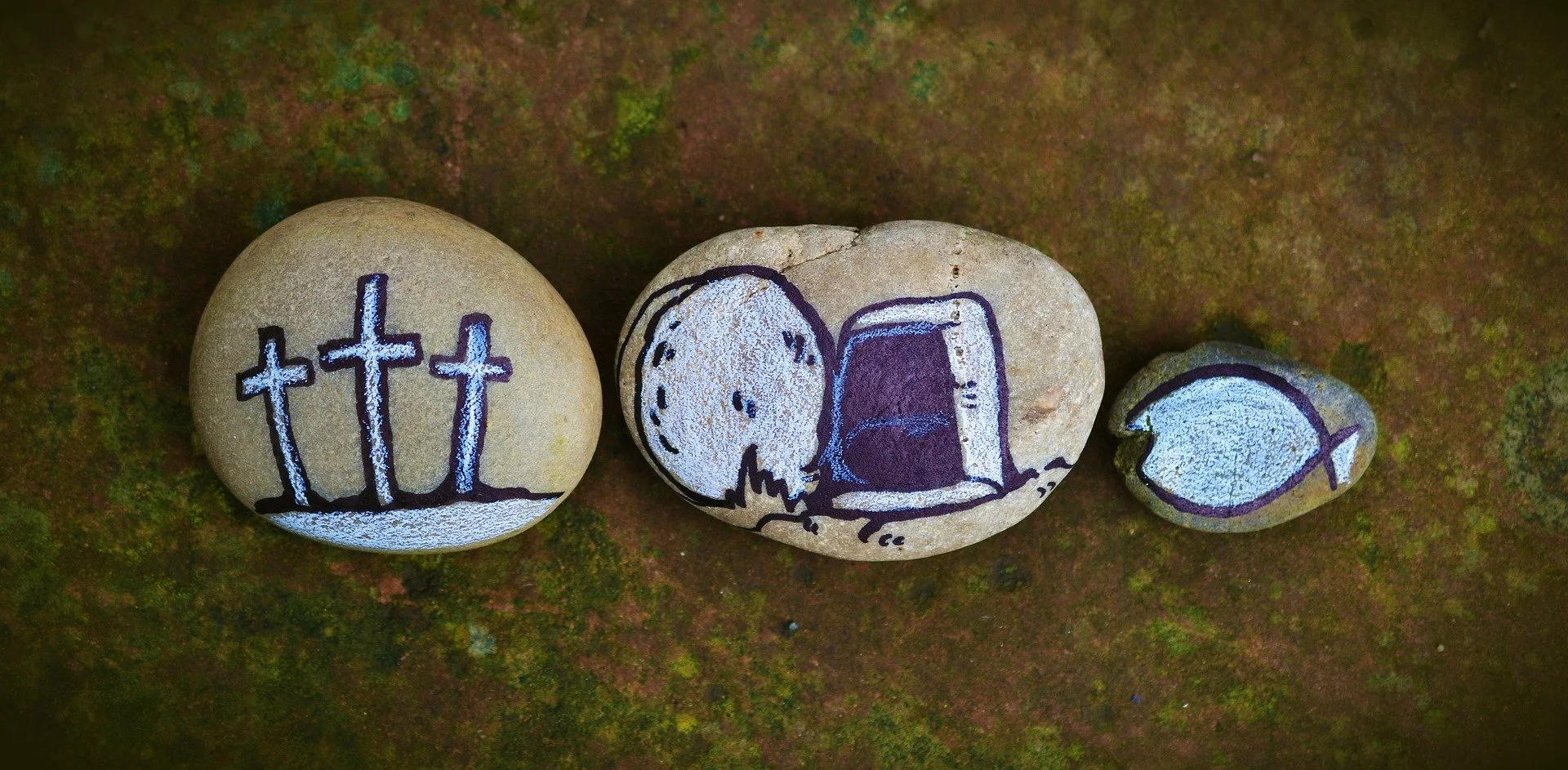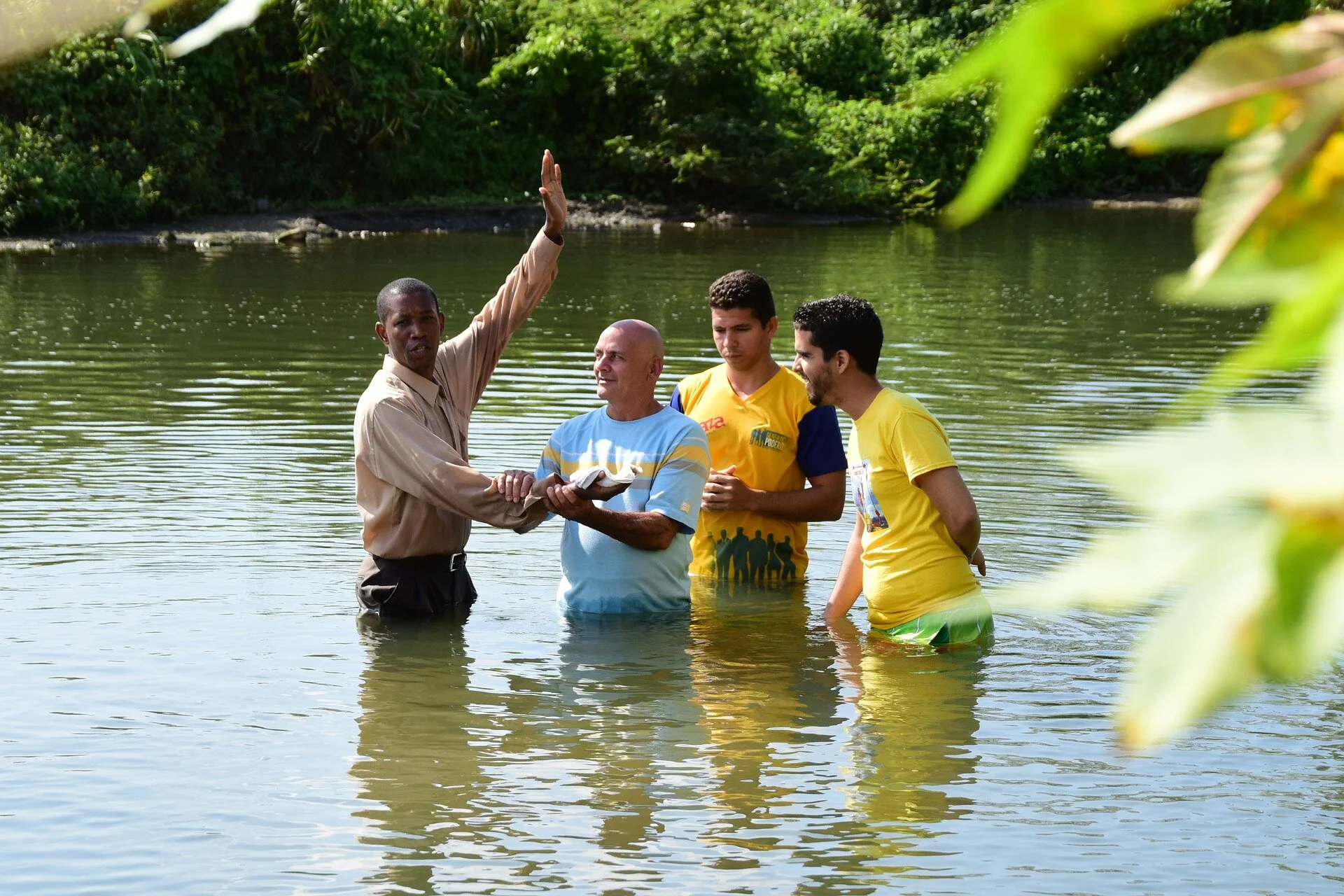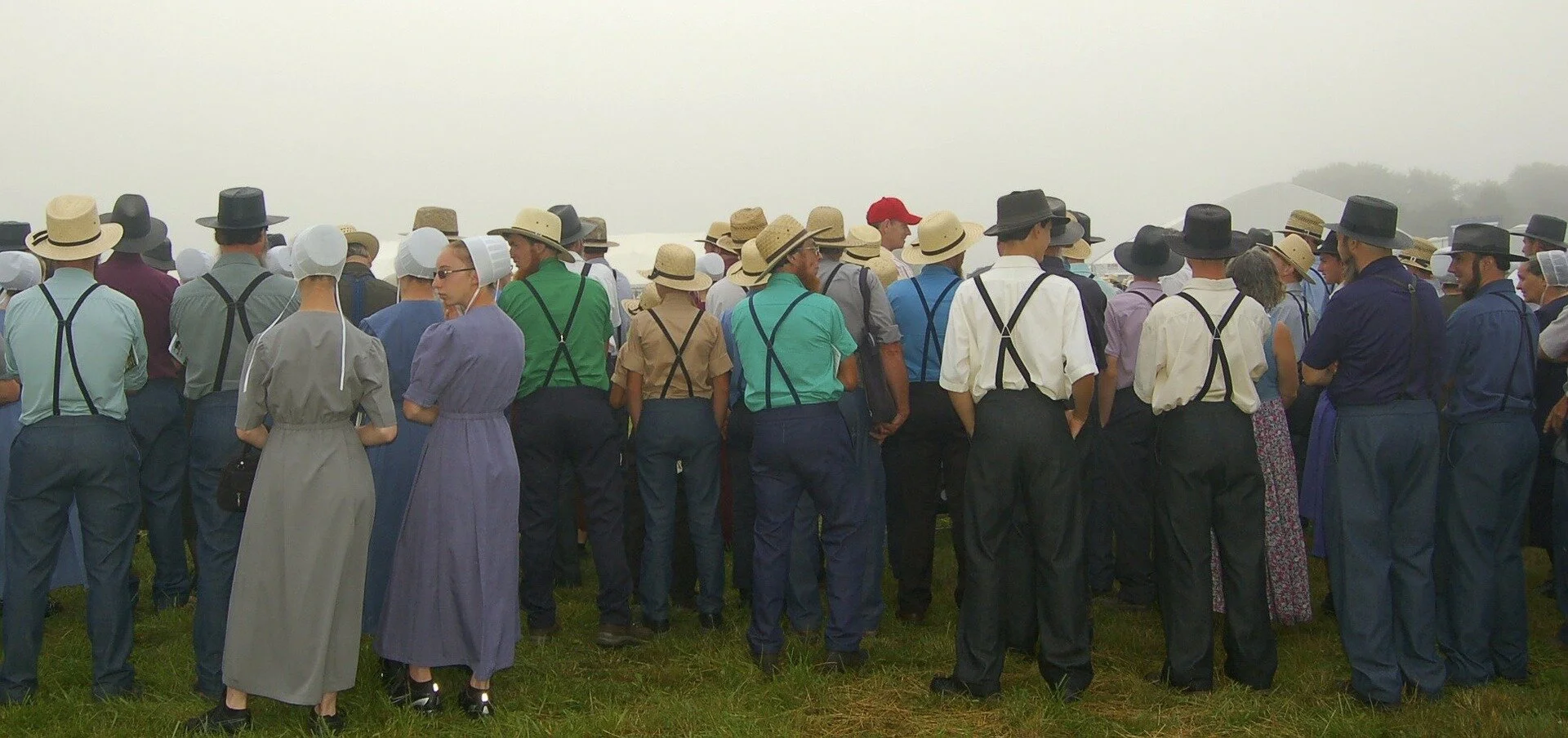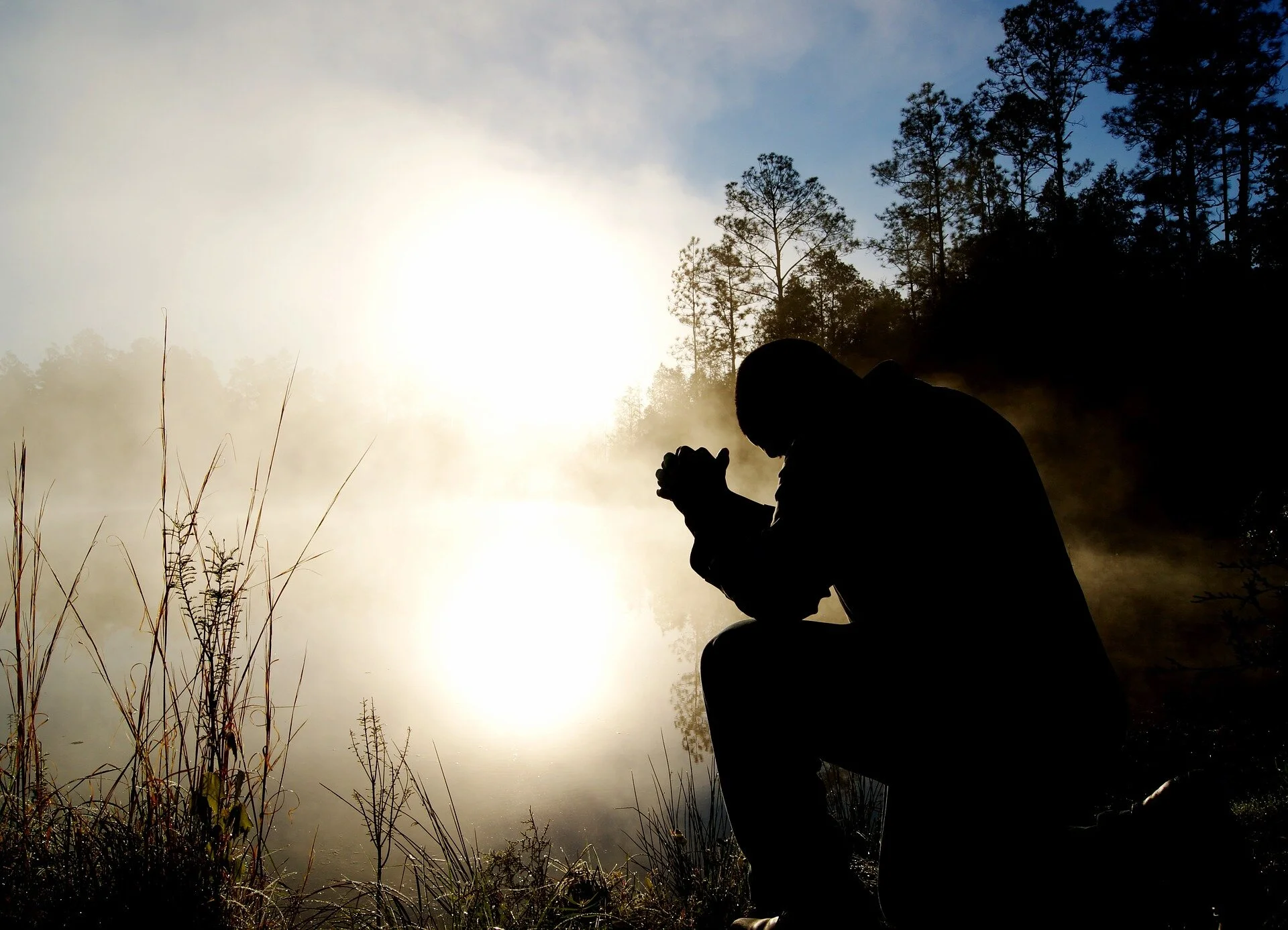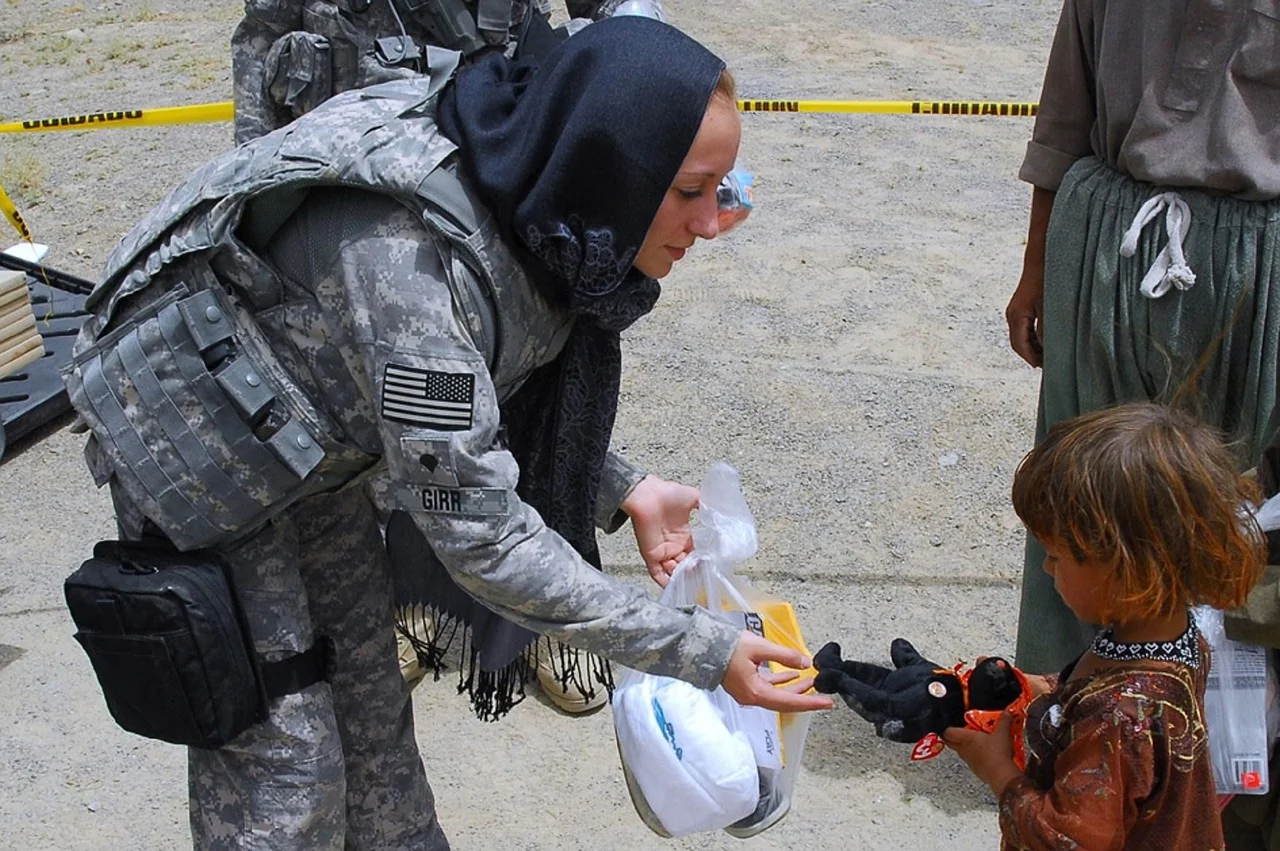His Design in Our Desires
I was recently going through a struggle brought on, in part by two problems, the long dreary wearies of winter with no sunshine, and a post New Year bout with Covid. Seasonal Affective Disorder always leaves me feeling more blue during the short gray days and longer dark nights of this season. I really need to invest in a light to help with that. Getting sick on top of SAD and it being after the holidays left me in a pretty low place. Being in a low place usually makes me more susceptible to the enemy’s tactics of blame and self pity.
It came to my attention that a friend of mine was in a similar place, but for her the struggle was from a difficult marriage. She had texted me asking for the name of the counselor I was going to. I could tell by the tone of her text that she was not in a good place. We ended up having a video chat that ended with us both in prayer for one another. The interesting thing about our struggles, was that even though they stemmed from different sources we were still looking for the same things: love, affirmation, and companionship.
Over the next 24 hours, both my friend and I were on our own journeys seeking the Lord, knowing that we wanted to be spiritually right, but also not quite sure what to do with these desires that we had. Were these desires wrong? Were we just supposed to not think about them? Were we supposed to sacrifice them on the altar of, “Well, that’s just what Christians are supposed to do without?”
The Lord in His kindness took me to a passage in Isaiah, which I felt not only applied to myself, but applied to my friend, so I texted her a few of those verses. (My friend was also being led by the Lord to a different passage in the Psalms, which she also shared with me.)
“10 They will not hunger or thirst,
Nor will the scorching heat or sun strike them down;
For He who has compassion on them will lead them
And will guide them to springs of water.
11 “I will make all My mountains a road,
And My highways will be raised up....
13 ...Shout for joy, O heavens! And rejoice, O earth!
Break forth into joyful shouting, O mountains!
For the Lord has comforted His people
And will have compassion on His afflicted.”
The Lord was telling us that our desires were not only real, but good. The desire for food and water is not a wrong desire. In fact, just like food and water is a desire that must be met, our desire for love, companionship and affirmation are just as necessary.
My husband and I like to watch survival shows like Dual Survivor, Dude Your Screwed, and most recently Alone. The thing I have found fascinating is that not everyone leaves due to starvation or injury. In fact, often times it is the aloneness of their situation that finally drives them to pushing the button to tap out. We are made to be in relationship, and in community.
Over my years as a church going Christian I have seen problems arise when we forget that the church is the body of Christ, and we are meant to look out and care for each other. That means taking the time to listen, to pray, and to help. We also have to be willing to be vulnerable. When a person is struggling whether in a hard marriage, a tenuous work environment, or a changing family dynamic the enemy will always take advantage, and He will always blame.
“Well if he only would….”
“Well, if I don’t get that promotion then I’m out…”
“If she would just listen when I tell her something…”
We suddenly become all about our rights and desires. Is that what God called us to? Or did He call us to trust in Him?
The above verses tell us we will not hunger or thirst. We will not be struck down by the sun by day nor the moon by night (Psalm 121:6). This isn’t just a reference to physical hunger, thirst and discomfort. It applies to every aspect of our being. God cares for every desire and care we have.
We are created in His image. We are able to reason, love, care, act justly, and have compassion. God doesn’t just say He’s going to meet our needs, He does meet our needs and our desires, every single one. When we look back at Isaiah 49:10 it says God has compassion on His people and He will guide them to springs of water.
As we continue to read the passage we hear the Lord say, “I will make all my mountains a road, and my highways will be raised up…” That tells me that God is going to provide a way for those desires to be met. The thing we need to understand is that we are limited where God is not. We see things in a physical dimension, but He works in both the physical and the spiritual.
Image by Lisa Caroselli from Pixabay
“4 Delight yourself in the Lord;
And He will give you the desires of your heart.”
Could anything be more simple or sure than the meaning of this verse? If we delight in the Lord, He will give us the desires of our hearts. Every desire we have for love, companionship and affirmation will be lavishly and fully met by our Lord and Savior.
Don’t think this is going to be easy. Verse 13 shows us that we are going to have affliction. There may be seasons where we don’t feel the love. There might be weeks where the blame game seems to work better at every bend and turn. However, what does it say about God? He comforts His people and has compassion on the afflicted. He’s got you. He’s got your desires, every, single one. Our job is to:
Be still and know He is God - Psalm 46:10
Remember we are not condemned - Romans 8:1
Give it all to Him, because He cares for us - 1 Peter 5:7
As we journey into this new year, I hope you will recognize every opportunity to know Him more deeply and that every desire you have will be filled in Him.
















